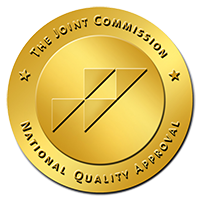The following information was taken from the National Safety Council website.
July is National Heatstroke Prevention Month, and Box Butte General Hospital is asking everyone to do their part in preventing pediatric vehicular heatstroke.
Pediatric vehicular heatstroke deaths occur when a caregiver forgets a child in a vehicle, the child gains access to a vehicle or someone knowingly leaves a child in a vehicle. Often when caregivers forget a child, they are outside of their regular routine, under stress or have experienced a lack of sleep, which is not uncommon for new parents. But parents and caregivers can take simple steps to help eliminate these preventable deaths:
· All drivers should keep car doors locked so children cannot gain access
· Teach children that cars are not play areas
· Create a habit of always checking the backseat before leaving your vehicle
· Place a purse, briefcase or cell phone in the backseat of a vehicle, which can force drivers to look before they lock
· Never leave a child in a vehicle when running errands, not even for a minute. Rolling down a window does little to keep a vehicle cool, and heatstroke deaths have occurred even in vehicles parked in shaded areas. There is no safe time period for leaving a child in a vehicle.
Bystanders can also play an important role in saving a life. If you see a child alone in a vehicle, here is what you should do:
· Call 9-1-1 immediately. Do what you must to get the child out of the car. Use cool water to lower their body temperature until paramedics arrive.
· If the child is responsive, stay with them until authorities arrive. Have someone else try to find the driver or send out an announcement.
· Don’t wait more than a few minutes for the parent to return to act. Good Samaritan laws in Nebraska will protect you if you are acting in the best interest of the child or pet.
In addition, employers have an important role to play in curbing this issue, as 25% of these deaths occur in workplace parking lots while the parent or caregiver is at work. Use the free National Safety Council Children in Hot Cars training to understand how to mitigate the risks. In an era where we never forget our cell phones, we are too frequently forgetting our most precious passengers. By taking steps to prevent pediatric vehicular heatstroke deaths, we can all help the U.S. avoid surpassing one of the saddest records in roadway safety history.



